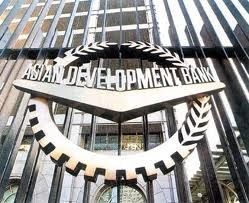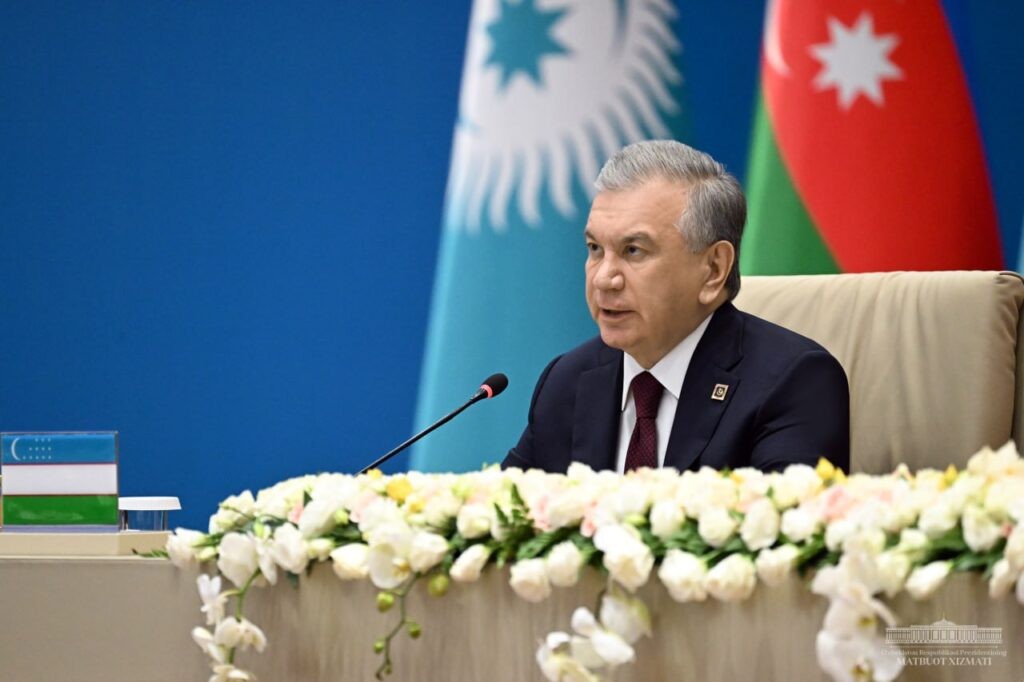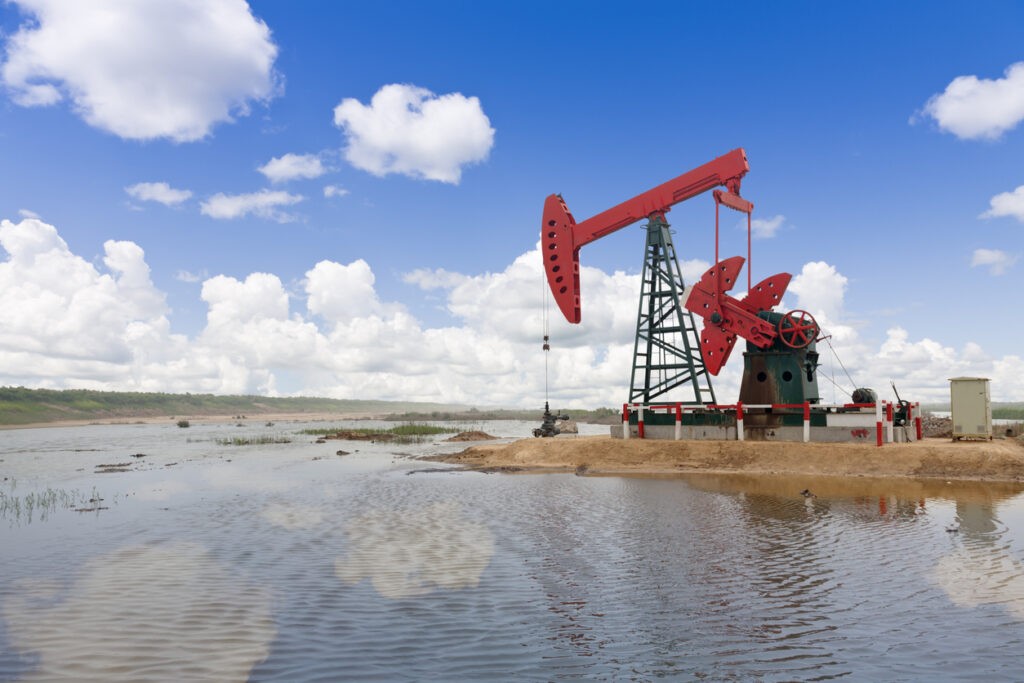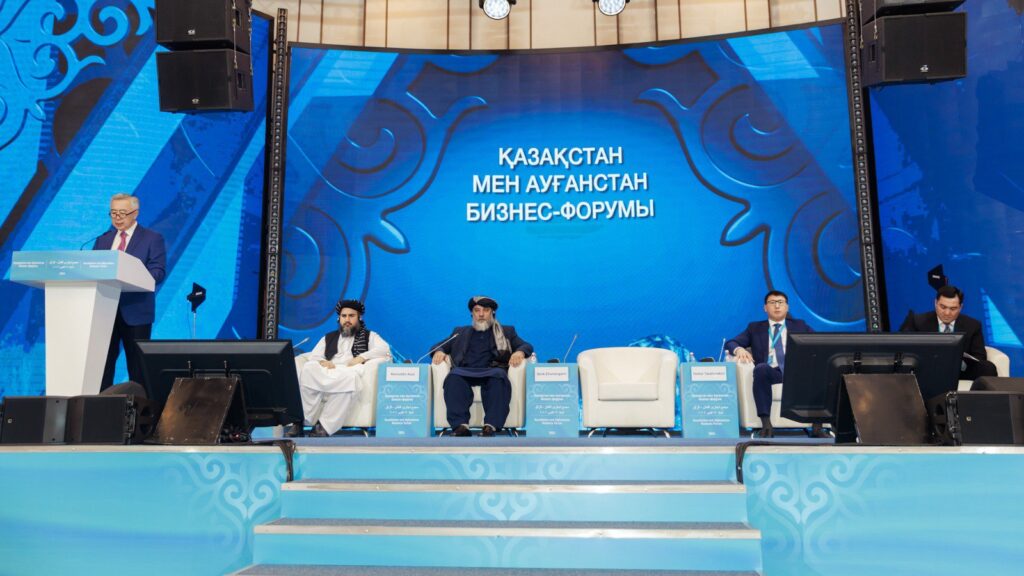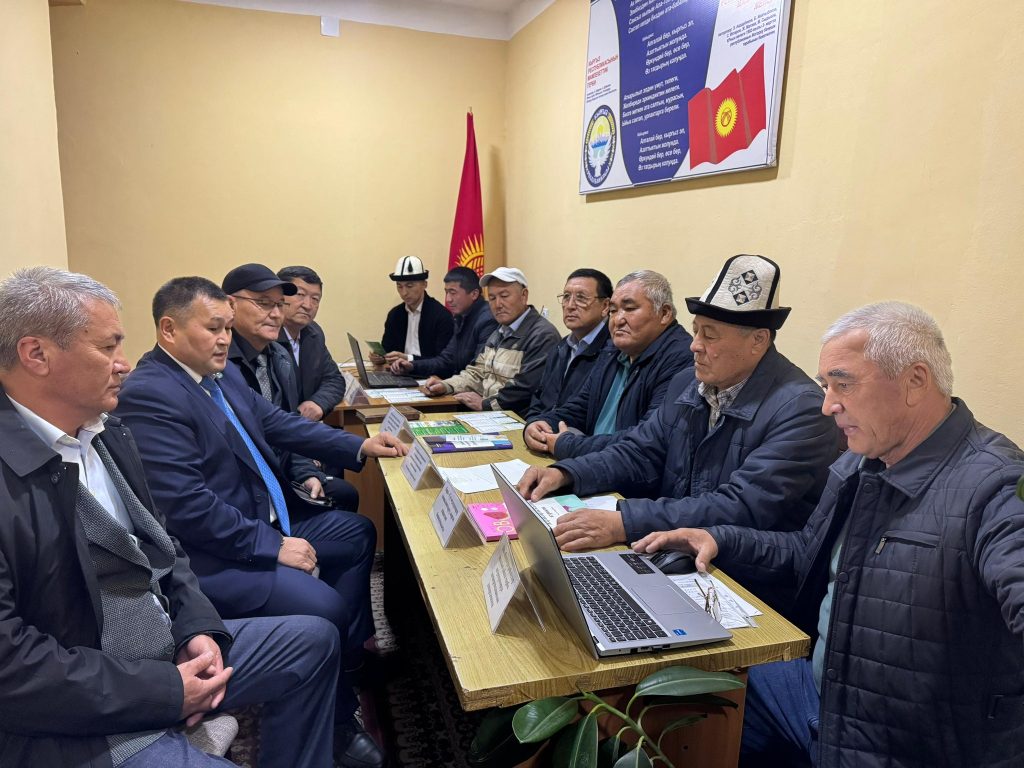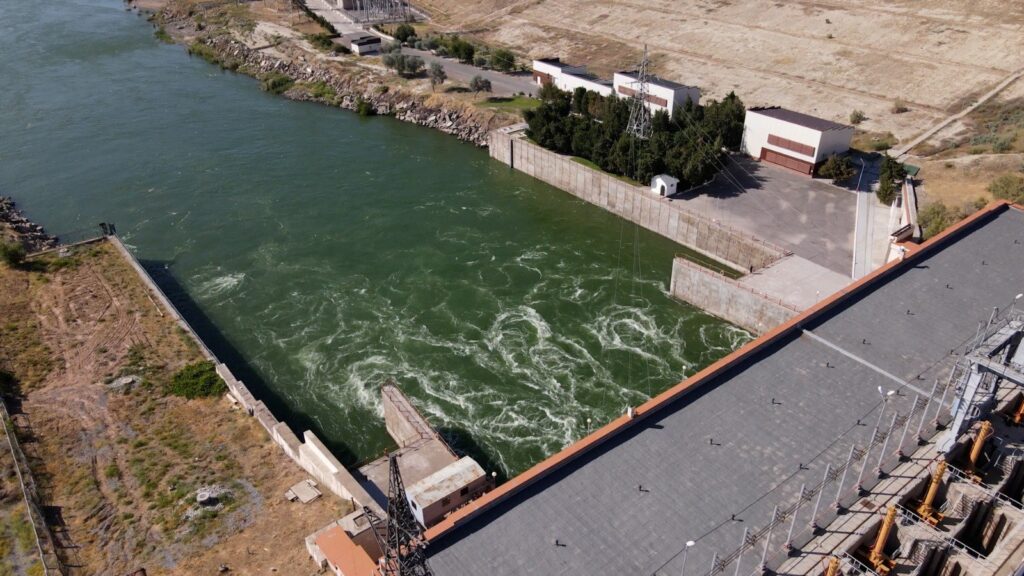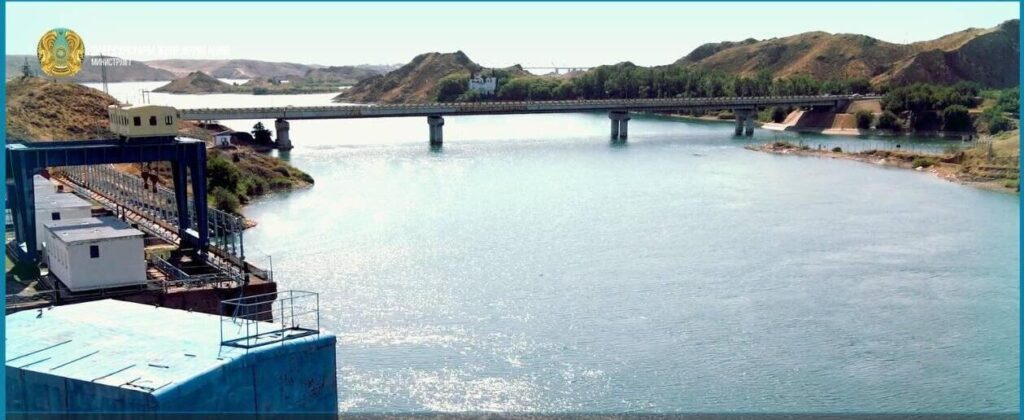KABUL (TCA) — The Asian Development Bank (ADB) has approved a $348.78 million grant to help in the development of water resources in Afghanistan’s Kandahar province through the expansion of Dahla Dam, the country’s second largest dam, the Bank said on September 11.
The project will help improve Afghanistan’s agricultural productivity, water resources management, energy generation, and growth outlook.
Stable, reliable, and well-managed water resources are essential for Afghanistan, where water is scarce and highly seasonal, greatly affecting the agriculture sector. The sector is Afghanistan’s major source of livelihood, employing 62.2% of the country’s labor force in 2017—two-thirds of employed women in the country work in agriculture—and contributing over 21% to the national economy. The lack of well-managed integrated water resources, especially of reliable irrigation water, hinders the sector’s huge potential and further contribution to the economy.
“Afghanistan has a water availability and management issue, with frequent and worsening droughts affecting the country’s agriculture outputs, people’s living standards, and economic productivity,” said ADB Principal Natural Resources and Agriculture Specialist for Central and West Asia Mr. Hans Woldring. “Addressing the country’s water resources issue will not only improve agricultural production in Afghanistan, particularly in high-value crops, but also provide security, both in water and energy, improving the country’s economic prospects.”
The Arghandab Integrated Water Resources Development Project will improve the availability and management of water resources in Kandahar province by rehabilitating and increasing the storage capacity of Dahla Dam, which was originally built in 1952. Construction works will include raising the main dam, six saddle dams, spillways, and other associated structures to increase the full reservoir level by 13.6 meters and storage capacity from 288 million cubic meters (mcm) to 782 mcm, while also realigning 9.6 kilometers of road that will be affected.
Increased storage capacity of the dam will provide the possibility of hydropower generation, which will be undertaken by the private sector, and additional urban and industrial water supply to Kandahar City and its surroundings, with the help of a $230 million grant from the World Bank.
The project will also increase reliable irrigation water supply by upgrading canals and structures, as well as introducing monitoring and control systems that will allow water on demand services in the province. Climate-smart irrigation and agricultural technologies and practices will be adopted to improve production and sustainability. Female farmers, in particular, will be empowered through increased training opportunities, scholarships, technology transfer, and advisory services.
Since 1966, ADB has invested about $545 million in water resources in Afghanistan, mainly for irrigation. ADB operations have so far resulted in 350,000 hectares of improved irrigated land, with more than 250,000 hectares under development.
